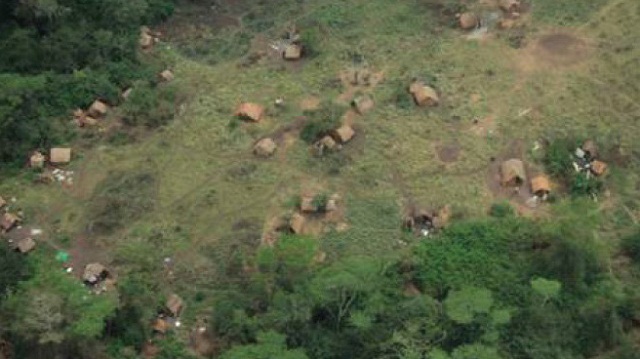
Escalation of violence
The report also makes a connection between the links with other militant extremist groups and the rebel group’s recent violent streak.
It shows that while the rebel outfit has always used violence against civilians as a military strategy specifically to; carry out recruitment, to undermine the legitimacy of the Ugandan and Congolese governments, and to punish the local population for collaborating with their enemies.It is only recently, that it has used violence on a large scale against local Congolese communities who it previously relied on for its economic activities and intelligence, among others.
Apparently, this began to change slowly in 2010, the report notes, when the Congolese army and the FARDC launched Operation Ruwenzori against the ADF.
On February 2013, the Congolese army took over the main southern ADF camp in Mwalika but most ADF simply relocated to another, nearby camp.
The report also shows that on April 12 the FARDC launched its most ambitious operation into the heart of the ADF-controlled area in an attempt to take control of their headquarters in Madina.
This offensive, however, stalled and MONUSCO had to deploy its attack helicopters to support an FARDC regiment that was trapped in the forest. Since May 2018 there have been no large-scale FARDC operations.
Since then, there has been an uptick in violence. On March 27, 2018, suspected ADF members penetrated into the town of Beni, killing 11 people; while on May 20, they attacked Mangboko village just north of Beni, killing ten. On September 22, 2018, the ADF raided the eastern part of Beni city, killing at least 15 civilians and four Congolese soldiers, wounding others and looting and burning houses.
“Before, the army and the ADF coexisted very well,” the report quotes a 19 year old who escaped in 2013 after spending six years with the ADF as saying, “Since the government launched operations against ADF in 2010, they have become aggressive.”
The group also notes that videos by the ADF appear to illustrate a shift in the rhetoric employed by the movement, from a war against the Ugandan government to a broader struggle for Islam.
“Before, the ADF attacked Uganda,” a combatant who defected in 2016 is quoted in the report, “It was a political struggle, they killed civilians within that context. Now, they kill the Congolese who they used to live with.”
 The Independent Uganda: You get the Truth we Pay the Price
The Independent Uganda: You get the Truth we Pay the Price





